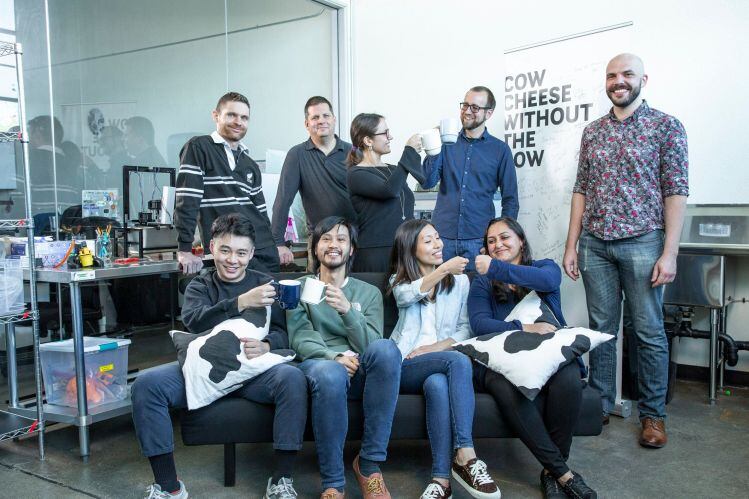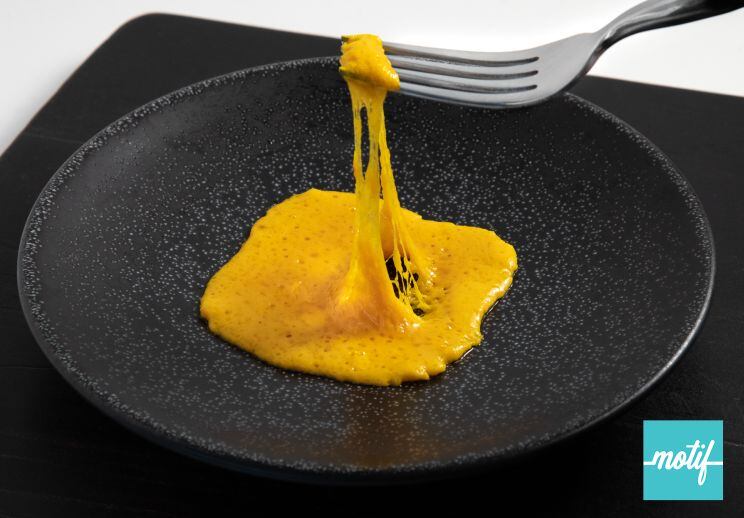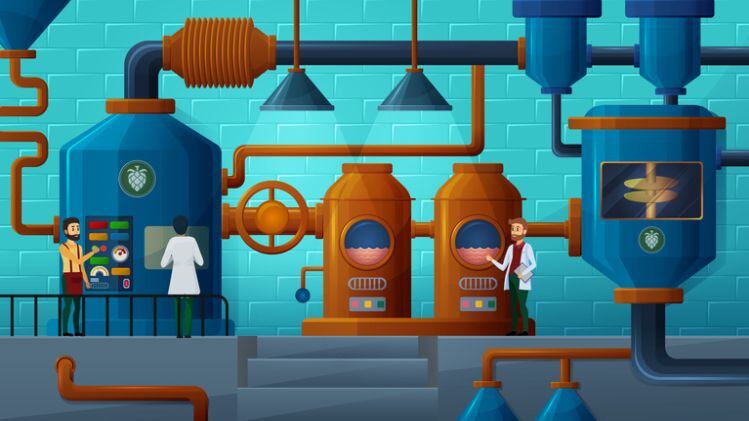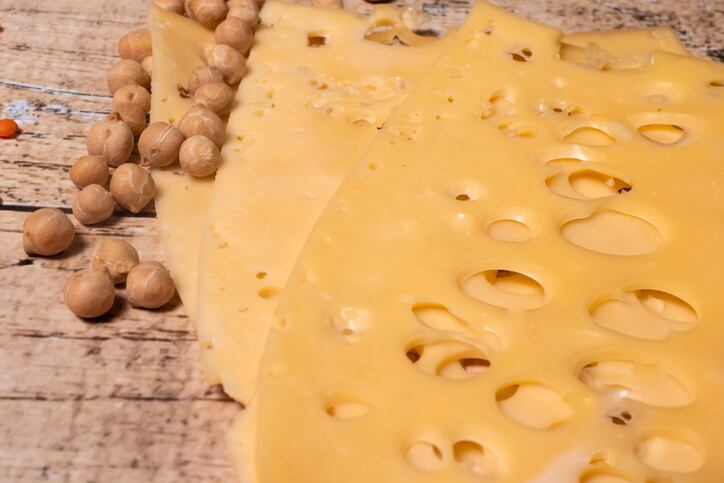While plant-based dairy products continue to improve, plant-based cheese presents particular formulation challenges, in part because it’s hard to replicate the functional qualities of casein, the protein in cow’s milk responsible for the ‘stretchy’ quality of cheese such as Mozzarella, claims New Culture co-founder Matt Gibson.
While some consumer products featuring animal-free whey protein are already on the market, casein is more difficult to produce at scale via microbial fermentation, claimed Gibson, a new Zealander who moved to California to build New Culture (strapline: 'Cow cheese, without the cow').
“Casein proteins are very difficult to make using precision fermentation, but we have made numerous breakthroughs over the last 18 months to produce substantial amounts of animal-free casein protein. This ability to make significant quantities of casein protein has enabled us to be the only company 100% focused on Mozzarella, as Mozzarella is so reliant on casein.”
‘We have made numerous breakthroughs over the last 18 months to produce substantial amounts of animal-free casein protein’
Gibson – who has a degree in genetics and microbiology - is using synthetic biology techniques to insert DNA sequences into microbes that effectively ‘program’ or ‘instruct’ them to express his target proteins (alpha caseins, kappa caseins and beta caseins) after feeding on a sugary substrate.
These can be formed into casein micelles, or clusters of casein proteins, which when produced by cows, fold up into a spherical ‘micelle’ structure so that the casein proteins can remain suspended indefinitely in the milk water, said Gibson.
“We are making a range of casein proteins and have completely mastered the art of reconstituting casein micelles with any and all types of animal-free casein.
“Casein micelles give milk its color, functionality, nutrients, and ability for milk to go through the cheesemaking process and form any cheese of choice including Mozzarella, unlike whey, which makes only limited cheeses such as ricotta and cream cheese. We can make delicious cheese with and without caseins in a micellar form.”
‘We add the same salts that are naturally found in cow’s milk and let nature do its thing’
So what else is in New Culture's Mozzarella aside from animal-free casein? “We have a very clean label, aside from animal-free casein we have plant-based fats, a small amount of plant-based sugar, some salts, vitamins, and minerals,” said Gibson.
As for calcium and other minerals and vitamins found in dairy cheese, he said, “We use calcium and other salts as a sort of catalyst to induce micelle formation by allowing the casein proteins to begin packing these salts and forming casein micelles.
“We add the same salts that are naturally found in cow’s milk and let nature do its thing,” added Gibson, who teamed up with a synthetic biologist (co-founder Inja Radman, PhD), a food scientist, a protein scientist and a microbiologist to develop the technology.
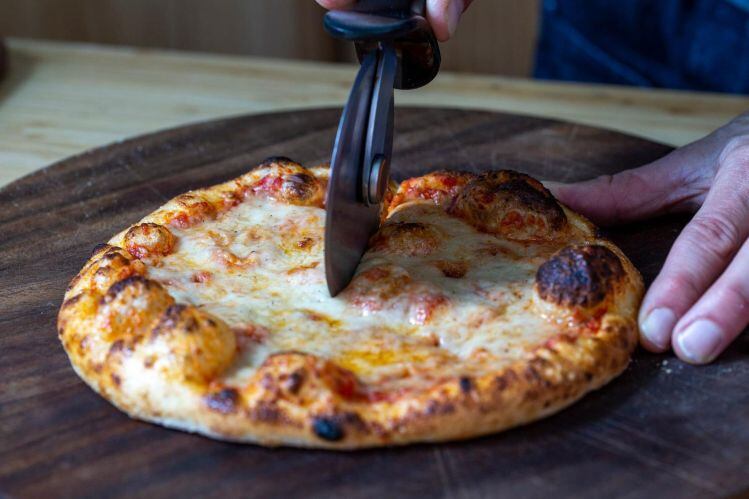
‘Our focus is Mozzarella cheese and we will be going into food-service first’
So what’s the go-to-market strategy?
Foodservice first, beginning with pizza, said Gibson: “Our focus is Mozzarella cheese and we will be going into food-service first where the majority of Mozzarella is consumed. We will have a consumer-facing brand (think Impossible Foods) with co-branding on the products that are sold with New Culture cheese.
“We have just kicked off our Series A and with that funding we will get New Culture ready for commercial launch, which involves scaling our process and the team, and going through regulatory [GRAS determination], ahead of a late 2023 launch into select pizzeria partner restaurants in the Bay Area.”
Brave new animal-free world: What do you call animal products made without animals?
As for branding/terminology - an issue that is generating some debate in the industry as a new wave of products featuring animal proteins made without animals hits the market – “more thinking is needed on terminology,” said Gibson.
‘Animal-free’ is a “term that I think is good enough for now, but can still be confused with fully plant-based approaches, so more thinking is needed on terminology,” he argued.
Asked whether the use of genetic engineering may deter some consumers, he observed that genetically engineered microbes are already widely used in cheese making to produce rennet, although most consumers are unaware of this.
While rennet used to be made from the stomachs of newborn cows, he said, today it’s made with an enzyme (chymosin) that’s been produced via fermentation using a genetically engineered bacterium.
And while the proteins Gibson is making are produced by a genetically engineered microbe, that microbe is not present in the casein proteins themselves, which are the same as those produced by cows, and would not trigger a ‘bioengineered’ food label under new US GMO labeling laws.
*Some other players in the animal-free dairy space include Perfect Day (California), Change Foods (California), Remilk (Israel), Legendairy Foods (Germany), and Those Vegan Cowboys (Belgium).
Funding
Further reading:

